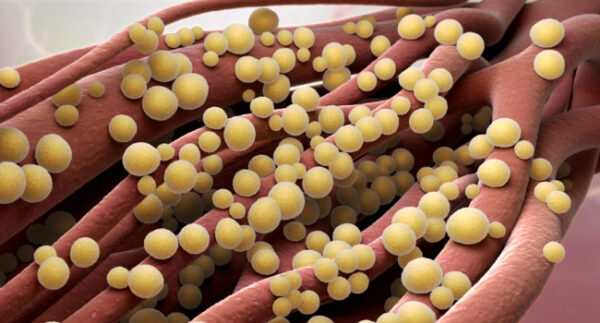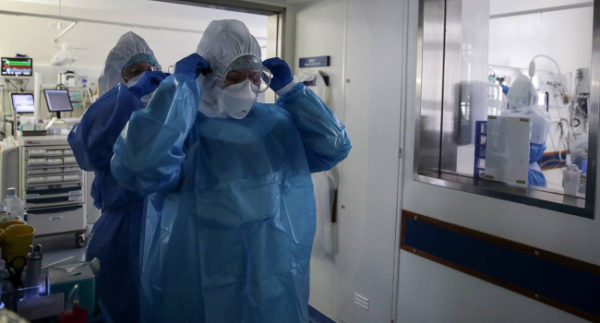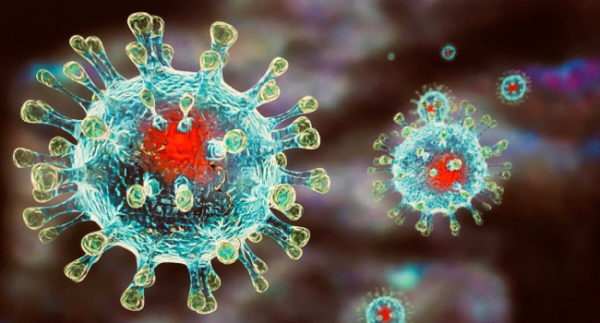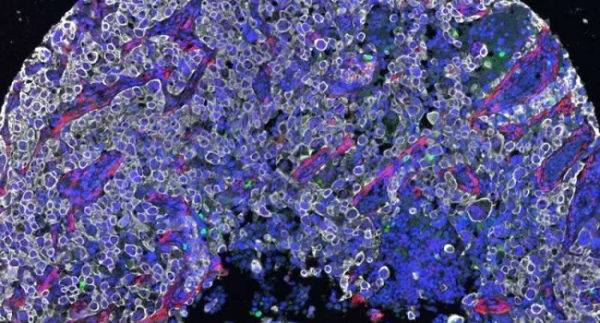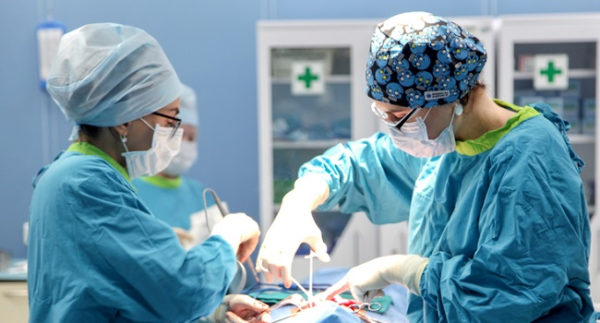A way to make Staphylococcus aureus more vulnerable to antibiotics
Scientists have discovered a compound that makes the bacterium methicillin-resistant Staphylococcus aureus (MRSA) more vulnerable to antibiotics. The work of British biologists from the University of Bath was published in the journal Frontiers in Microbiology. Staphylococcus aureus causes difficult-to-treat diseases such as sepsis and pneumonia. It differs in that it is resistant to most antibiotics…

